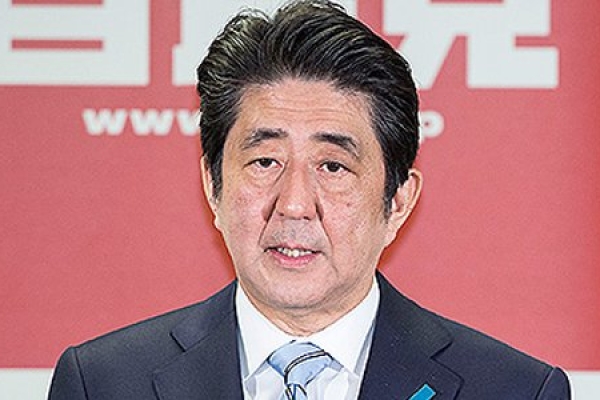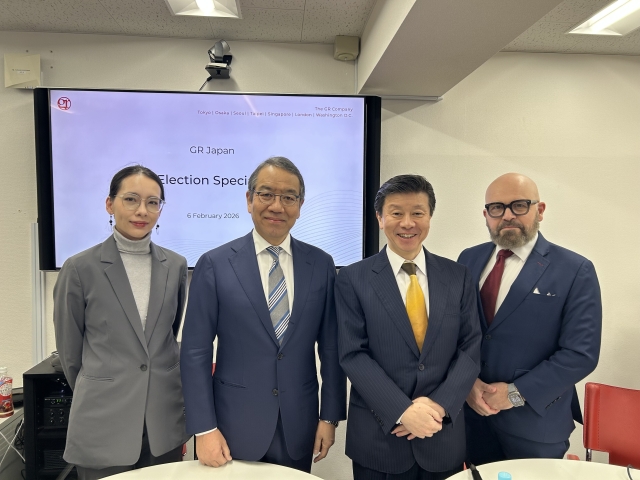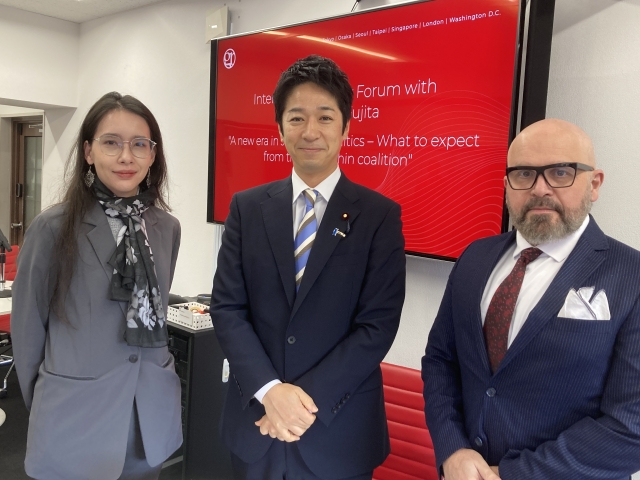As the media name for the dissolution that preceded it would suggest, the last election was about one thing and one thing only – Abenomics. Economic policies were the centerpiece of both the ruling coalition and the opposition’s campaigns and also the focus of the media debates and surveys in the runoff to the elections.
Contrary to initial expectations, the ruling coalition not only kept, but also increased its seats in the House of Representatives to 326, securing a two-thirds majority. The result grants the LDP chairmanship of all House of Representatives Committees and the coalition power to override upper house decisions, effectively resulting in full control of the coalition over the legislative agenda and carte blanche in lawmaking.
Amidst a remarkably low turnout LDP secured almost the same number of seats as before the elections, while its coalition partner, Komeito, made further gains. With 194 constituencies where non-JCP opposition parties agreed not to compete, LDP lost in a number of single-seat districts, but compensated in the proportional representation.
Unaffiliated voters favored Abe, whose popularity remains relatively high, and appear to have voted over competence issues such as the ability to deliver economic results, rather than divisive issues like the restart of nuclear reactors, constitutional amendment of collective self defense. According to an NHK survey, 54 % of voters at the exit polls approved to various degree of the results of Abenomics so far.
The single exception to this trend was the Japanese Communist Party, which riding on vocal opposition to the reinterpretation of the Constitution, more than doubled its seats and won a single seat district for the first time in 18 years.
While LDP gained a clear mandate for at least two more years, it still has to rely on Komeito for a two-thirds majority in the lower house and majority in the upper house. With a moderate coalition partner and tough economic problems ahead of him, in the first months of his third mandate Abe is likely to focus on persisting with his economic program. This appears to be exactly the task that Japanese voters have agreed to entrust him with. In a way, Japan chose continuity, hoping this would bring the much-awaited change of restarting the economy.




